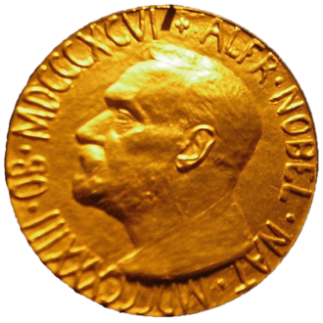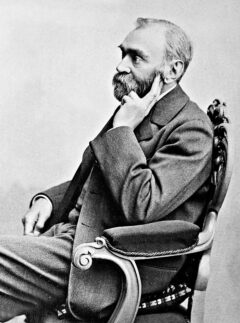Nobel Peace Prize: A History and Overview

The Nobel Peace Prize is one of the most prestigious international awards, presented annually to individuals, organizations, or movements that have made significant contributions to promoting peace and resolving conflicts. It is one of the five Nobel Prizes established by the will of Alfred Nobel, the inventor of dynamite, in 1895. The other prizes are awarded in the fields of Physics, Chemistry, Medicine, and Literature.
History:
Alfred Nobel’s decision to establish the Nobel Peace Prize was influenced by his belief in the power of human progress and the potential for individuals to make positive contributions to society. Nobel, who amassed a significant fortune from his inventions, wanted to leave a lasting legacy that would benefit humanity. He specified in his will that the Peace Prize should be awarded to the person or organization that has “done the most or the best work for fraternity between nations, for the abolition or reduction of standing armies and for the holding and promotion of peace congresses.”
The first Nobel Peace Prize was awarded in 1901 to Jean Henry Dunant, a Swiss humanitarian, and Frédéric Passy, a French economist and peace activist, for their efforts in founding the International Committee of the Red Cross and the Inter-Parliamentary Union respectively. Since then, the Nobel Peace Prize has been awarded annually, except in certain years during World Wars I and II when it was not awarded.
Criteria and Selection:
The Nobel Peace Prize is awarded by the Norwegian Nobel Committee, which is appointed by the Norwegian Parliament (Stortinget). The Committee receives nominations from a variety of sources, including national leaders, university professors, and previous laureates. The nominations are carefully reviewed, and the Committee selects the laureate through a majority vote.
The criteria for the Peace Prize are broad, encompassing a wide range of contributions to peace and conflict resolution. Recipients have included individuals, such as activists, politicians, and religious leaders, as well as organizations and movements dedicated to humanitarian work, disarmament, and human rights advocacy.
Impact and Legacy:
The Nobel Peace Prize has played a significant role in raising awareness of pressing global issues and honoring those who work tirelessly to address them. It has recognized the efforts of individuals and groups to promote peace, human rights, and social justice, often in the face of great adversity. The award has also provided a platform for laureates to amplify their message and inspire others to take action.
Over the years, the Nobel Peace Prize has been awarded to a diverse array of recipients, including iconic figures such as Martin Luther King Jr., Mother Teresa, Nelson Mandela, and Malala Yousafzai, as well as organizations like the United Nations and Doctors Without Borders. Each laureate’s work has contributed to the advancement of peace and the betterment of humanity, leaving a lasting legacy that continues to inspire future generations.
In a world often plagued by conflict and strife, the Nobel Peace Prize serves as a beacon of hope, reminding us of the possibility of a more peaceful and just world, and the importance of individuals and organizations striving to make it a reality.
Referance: Chatgpt
